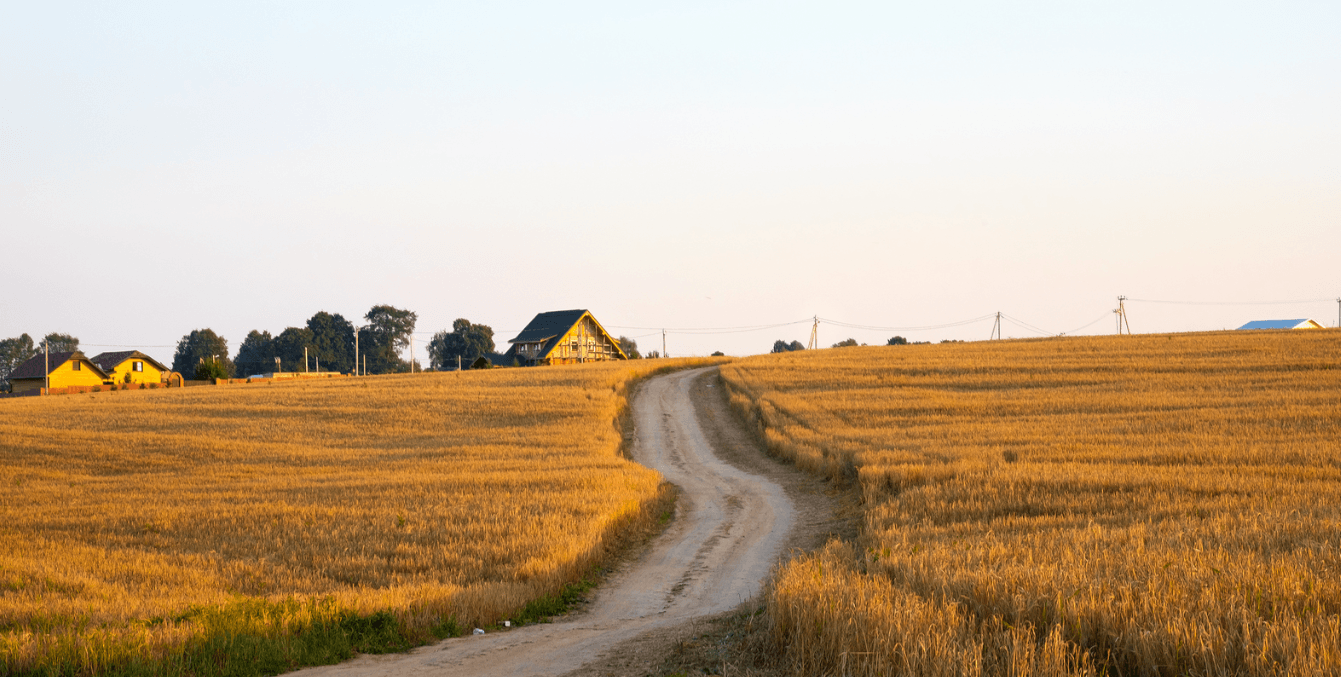
The Benefits of Investing in Rural Properties
Investing in real estate has long been celebrated as a sound financial strategy, but the focus often lands on urban centers and bustling city landscapes. However, the charm and potential of rural properties are increasingly catching the attention of savvy investors. Whether it’s for the tranquility, the space, or the financial advantages, investing in rural real estate comes with a unique set of benefits that should not be overlooked.
1. Affordability at Its Best
The lure of urban life has driven property prices in cities sky-high, but this is not the case in rural areas. When you venture beyond the urban sprawl, you’ll find the market becomes significantly more affordable. For less than the cost of a small urban apartment, you could purchase a sprawling rural property with acres of land. This affordability means not only can you get more bang for your buck, but it also lowers the barrier to entry for first-time investors or those with limited capital.
2. Escape to Serenity
People are increasingly seeking a refuge from the hustle and bustle of city life, making rural properties ideal for those desiring peace and quiet. The serene environment is not just a personal benefit but is also a selling point for rentals and resale. Those longing for a simple, slower-paced lifestyle or a vacation home away from the crowds often find rural properties incredibly appealing.
3. A Boon for the Environmentally Conscious
Rural properties allow for greater environmental stewardship. Owners have the opportunity to engage in sustainable practices such as organic farming, renewable energy installation, or conservation efforts. These practices can not only reduce the carbon footprint but can also lead to potential tax benefits and additional income streams.
4. Lower Taxes and Less Regulation
Rural areas often enjoy lower property taxes compared to their city counterparts, which can significantly reduce ongoing ownership costs. In addition, rural areas typically have fewer zoning restrictions and regulations, granting property owners more freedom to use their land as they see fit, whether that’s building a new structure or starting a home-based business.
5. Growth Potential
With urban areas becoming increasingly congested, the next logical direction for expansion is outwards. Investing in rural property positions you strategically ahead of development curves. As cities expand and new infrastructure is developed to connect outlying areas, the value of rural properties is likely to increase, potentially resulting in substantial capital gains for those who bought in early.
6. Diverse Income Opportunities
Rural properties can also serve as a vessel for diverse income streams. The possibilities range from leasing land for agricultural use, converting buildings into vacation rentals, or offering experiences such as farm stays, retreats, and outdoor recreational activities. With more space at your disposal, rural properties grant you the canvas to create and monetize a variety of ventures.
7. A Quieter Market
The real estate market in rural areas tends to be less competitive, giving buyers more negotiation power and the luxury of time when making decisions. Without the pressure of multiple offers or bidding wars that typify urban real estate markets, you’re more likely to secure a property on your terms and at a favorable price.
8. Community and Cultural Richness
Rural areas often boast close-knit communities and a richness of local culture that can be a refreshing change from impersonal city life. This sense of community not only enhances the quality of life for residents but can also lead to networking opportunities and partnerships that benefit your investment.
9. Larger Land Parcels
The availability of larger parcels of land gives you the freedom to plan and utilize the space creatively. Whether it’s building additional homes, creating a recreational park, or preserving natural habitats, you have the space to bring a variety of visions to life. This flexibility is particularly attractive in an era where space is becoming a premium commodity.
10. Potential for Agricultural Use
With rising interest in local and organic food production, rural properties with agricultural potential are a valuable asset. There’s not only the possibility of cultivating crops or raising livestock for income but also the potential for government grants and subsidies aimed at supporting rural economies and farming initiatives.
Concluding Thoughts
Investing in rural properties can offer a breath of fresh air, both literally and figuratively. The affordability, tranquility, and potential for growth make it an appealing option for those looking to diversify their investment portfolio or seeking a lifestyle change. While all investments carry some risk, the benefits detailed above highlight why rural property investment can be a wise financial decision.
As with any real estate investment, it’s important to conduct thorough research, perhaps seek advice from experts, and consider factors such as location, infrastructure, and future development plans. When due diligence is exercised, the rewards of investing in rural properties can be substantial and enduring. It’s a path less trodden in the investment world but one that may lead to unexplored opportunities and cherished tranquility.
Whether you are looking to expand your real estate portfolio or dreaming of a life surrounded by nature, the investment in rural properties could be the perfect blend of personal satisfaction and financial growth. Remember, the beauty of rural investing lies not just in the land itself, but in the myriad of possibilities it presents.